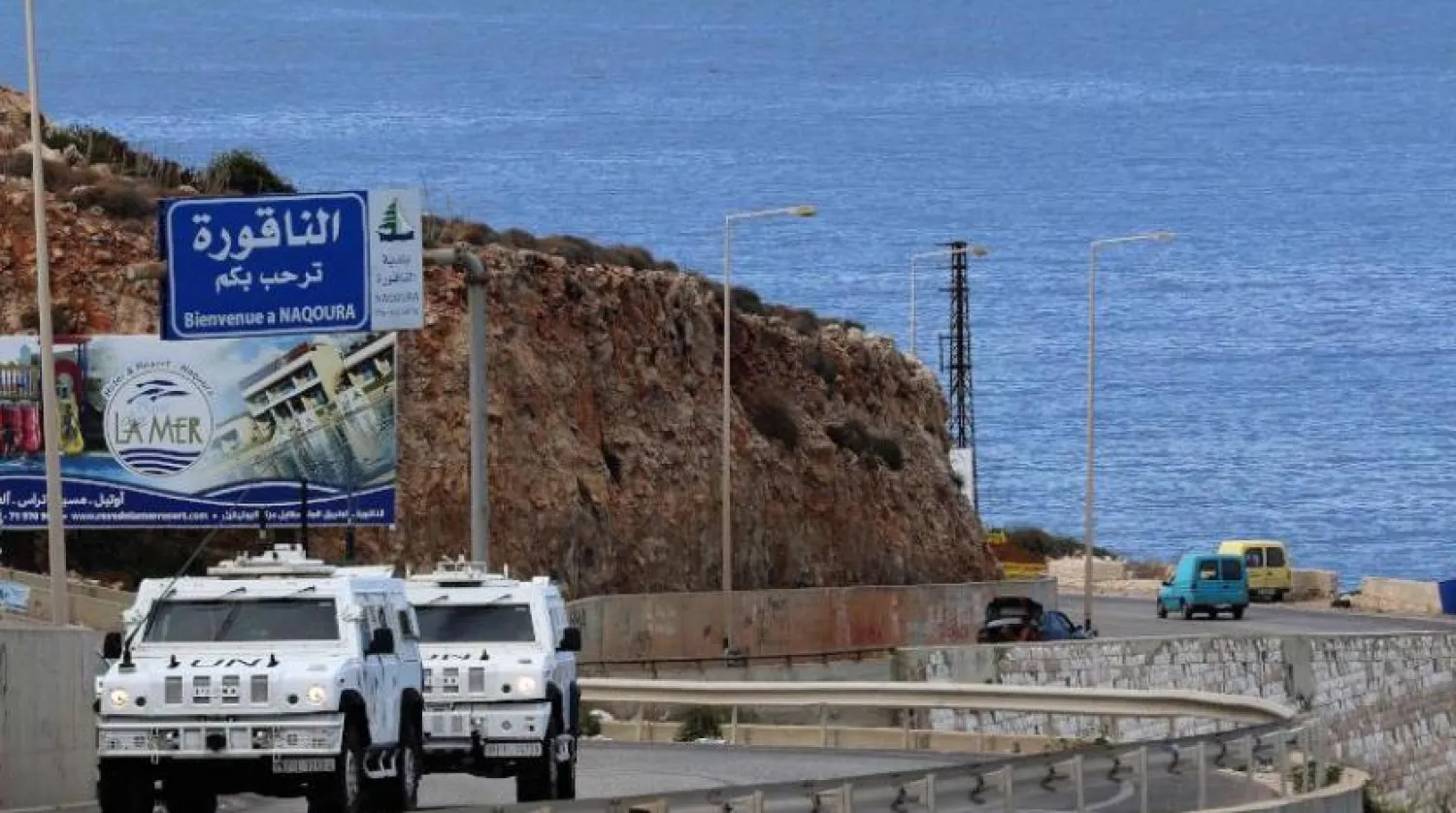Lebanon and Israel met on Wednesday for unprecedented and indirect talks on their disputed maritime border.
The talks, at the United Nations base in Naqoura on the land border between the two countries, were mediated by the United States which has pushed for three years for negotiations to resolve the argument over potentially gas-rich Mediterranean waters.
Two Lebanese military helicopters were seen bringing the Lebanese delegation to the meeting. The Lebanese team was expected to be led by a military officer, and the Israeli side by the director general of its energy ministry.
Hezbollah and its ally Amal movement criticized the delegation, calling for changing the team hours before the first meeting.
In an overnight statement, Hezbollah and Amal, Lebanon's two main Shiite parties, said the negotiating team must include only military officials, without any civilians or politicians.
"The two demand immediately rowing back from this decision and re-forming the delegation in line with the framework agreement," it said.
Hezbollah has said the talks did not signal peace-making with long-time enemy Israel. The two last fought a deadly month-long war in 2006.
The Naqoura talks, which will focus exclusively on the disputed sea frontier, come at a sensitive time as Lebanon, battered by multiple crises, hopes to continue exploring for oil and gas in a part of the Mediterranean also claimed by Israel.
US envoy David Schenker will facilitate the opening session along with US ambassador to Algeria John Desrocher, who will mediate in the talks.
Israel has said that there will be "direct negotiations", something Lebanese officials have denied.
It is expected the two delegations will be sitting in the same hall.
The Israeli delegation is led by the director-general of the Energy Ministry, Udi Adiri, while the Lebanese four-member team is led by Brig. Gen. Bassam Yassin, the army’s deputy chief of staff.
The Lebanese team met President Michel Aoun on Tuesday who stressed the talks “are technical negotiations that only deal with marking the maritime border.”









